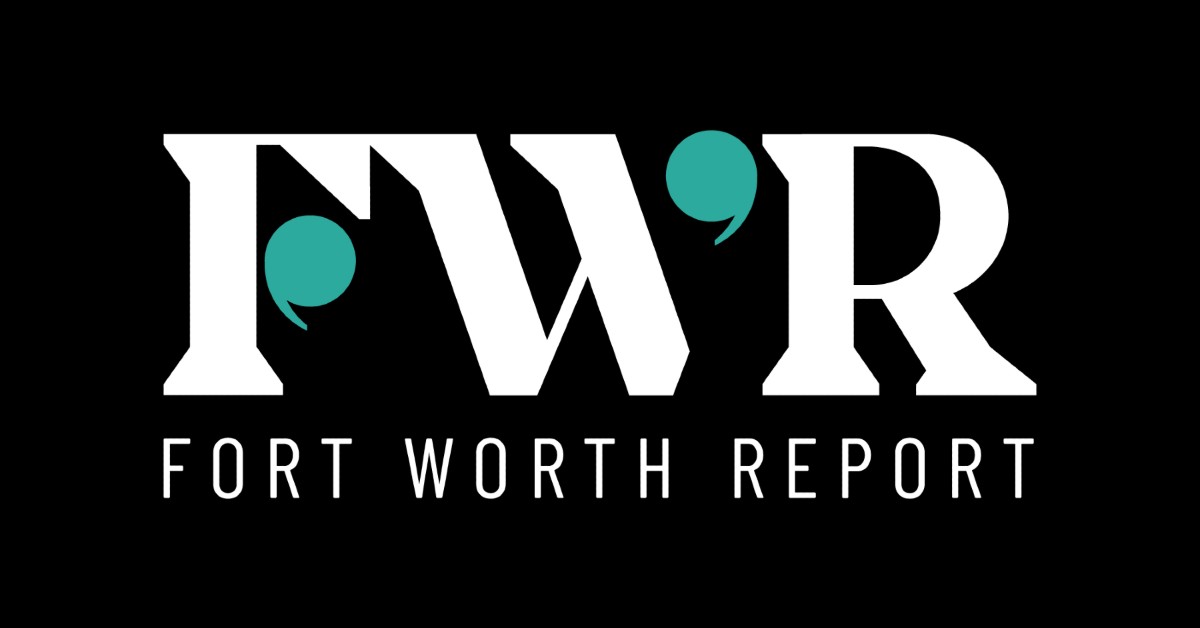URGENT UPDATE: More than 347,000 online public school students across the United States are currently denied access to free or reduced-price lunch benefits, affecting 57 percent of all virtual public school students. This shocking statistic highlights a growing issue as families grapple with educational choices amidst financial struggles.
As of today, October 10, 2023, officials from the U.S. Department of Agriculture have confirmed that these students, who would typically qualify for essential nutrition assistance, are falling through the cracks of the system. This situation directly impacts vulnerable families and raises urgent questions about the equity of school choice policies nationwide.
The heart of the matter lies in a significant gap in available resources. Many families opting for virtual schooling due to the pandemic or other circumstances are finding themselves ineligible for crucial meal programs, further exacerbating food insecurity. Experts warn that this could lead to long-term consequences for children’s health and educational outcomes.
Authorities report that the criteria for accessing these lunch programs have not kept pace with the evolving landscape of education. As families choose online public schools, they are often unaware that their children may not receive the same benefits as those in traditional settings.
Why This Matters NOW: Families across the nation are feeling the immediate impact of this policy gap. For many, school meals are not just about nutrition; they are a lifeline that helps to alleviate the financial burden of feeding children. The lack of access to these programs could lead to increased hardship for countless families trying to balance work and education in an already challenging economic climate.
As this situation unfolds, parents and advocacy groups are calling for immediate action from lawmakers and education officials to revise eligibility requirements. The urgency of the matter cannot be overstated—children’s well-being is at stake, and stakeholders are demanding change.
What’s Next: Advocates for school choice and nutrition assistance are mobilizing to push for reforms. Keep an eye on developments as they unfold, and expect to see increased pressure on policymakers to address this critical issue. The voices of parents and community leaders will be crucial in shaping the future of school meal access.
This unfolding crisis serves as a stark reminder that educational choices should not come at the cost of basic necessities like food. As discussions continue, the hope is that swift action will be taken to ensure that all students, regardless of their schooling choice, have access to the nutrition they need to thrive.
Stay tuned for more updates as this story develops.







